EcoProjects
Protecting What Makes WOW, Wild
Real Projects. Real Impact.
WOW Wilderness isn’t just about exploring nature — it’s about protecting it too. Our EcoProjects are grassroots initiatives designed to preserve Walpole’s precious ecosystems, promote conservation awareness, and connect people with purpose.
From fighting forest disease to hands-on community education, these projects reflect our deep commitment to this land we call home.
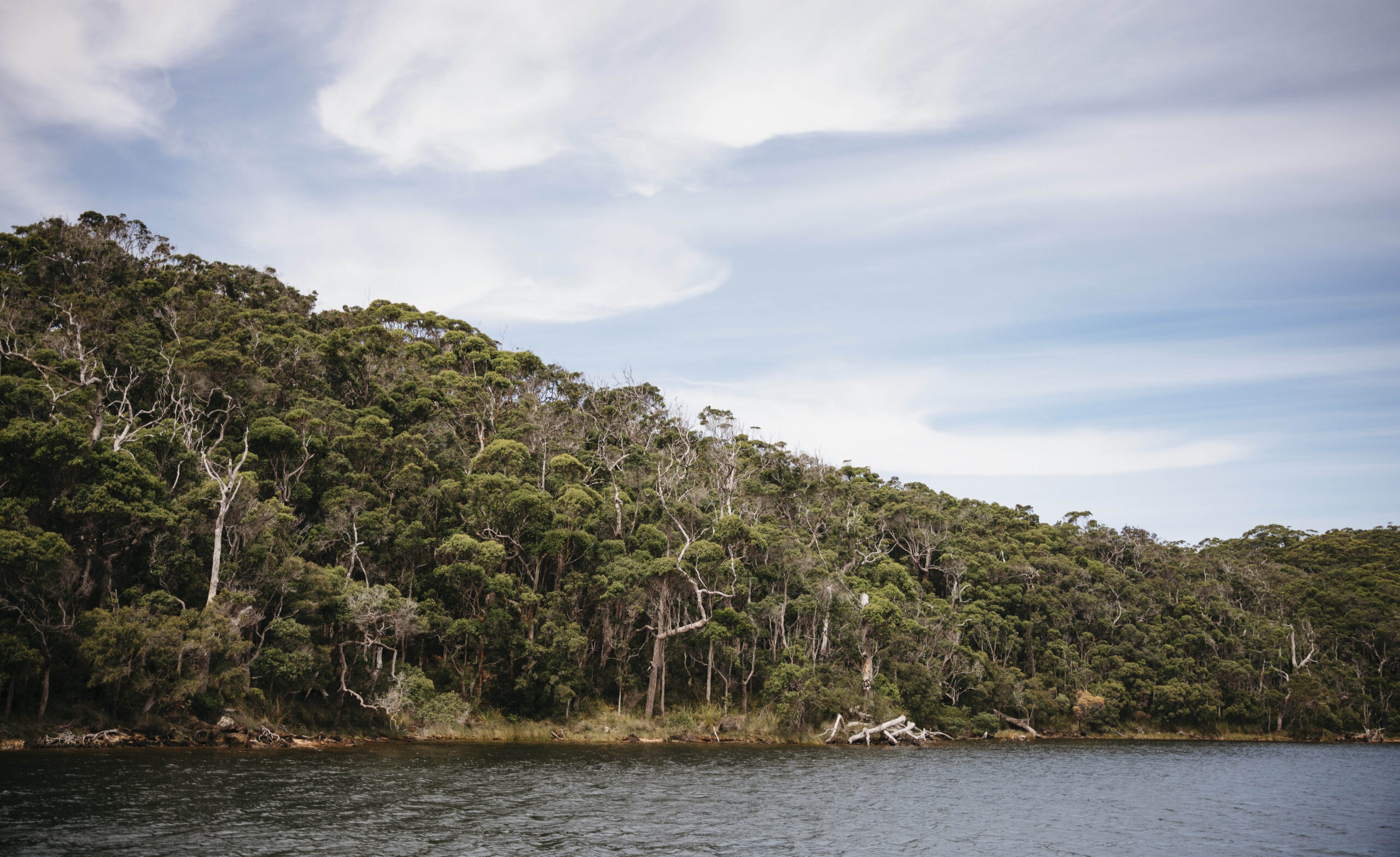
What Are EcoProjects?
EcoProjects are the conservation arm of WOW — a way for us to give back to the wild places that give us so much.
Whether it’s through pathogen hygiene stations, forest monitoring, educational outreach, or sustainability partnerships, each project helps build a future where nature and people thrive together.
The solution is simple, effective, and crucial – we all have a role in keeping this place wild.
— Gary Muir
Project Spotlight:
At the heart of our conservation efforts are a few standout initiatives that bring together education, science, art, and action.
Pathogen Hygiene Stations
Australia’s natural areas are under threat from Phytophthora cinnamomi — a soil-borne pathogen that causes devastating dieback in native plants.
To combat this, WOW Wilderness manufactures and supplies hygiene stations to areas throughout Australia and New Zealand. These stations allow visitors to disinfect their footwear, stopping the spread of the pathogen and protecting our wilderness ecosystems for generations to come.
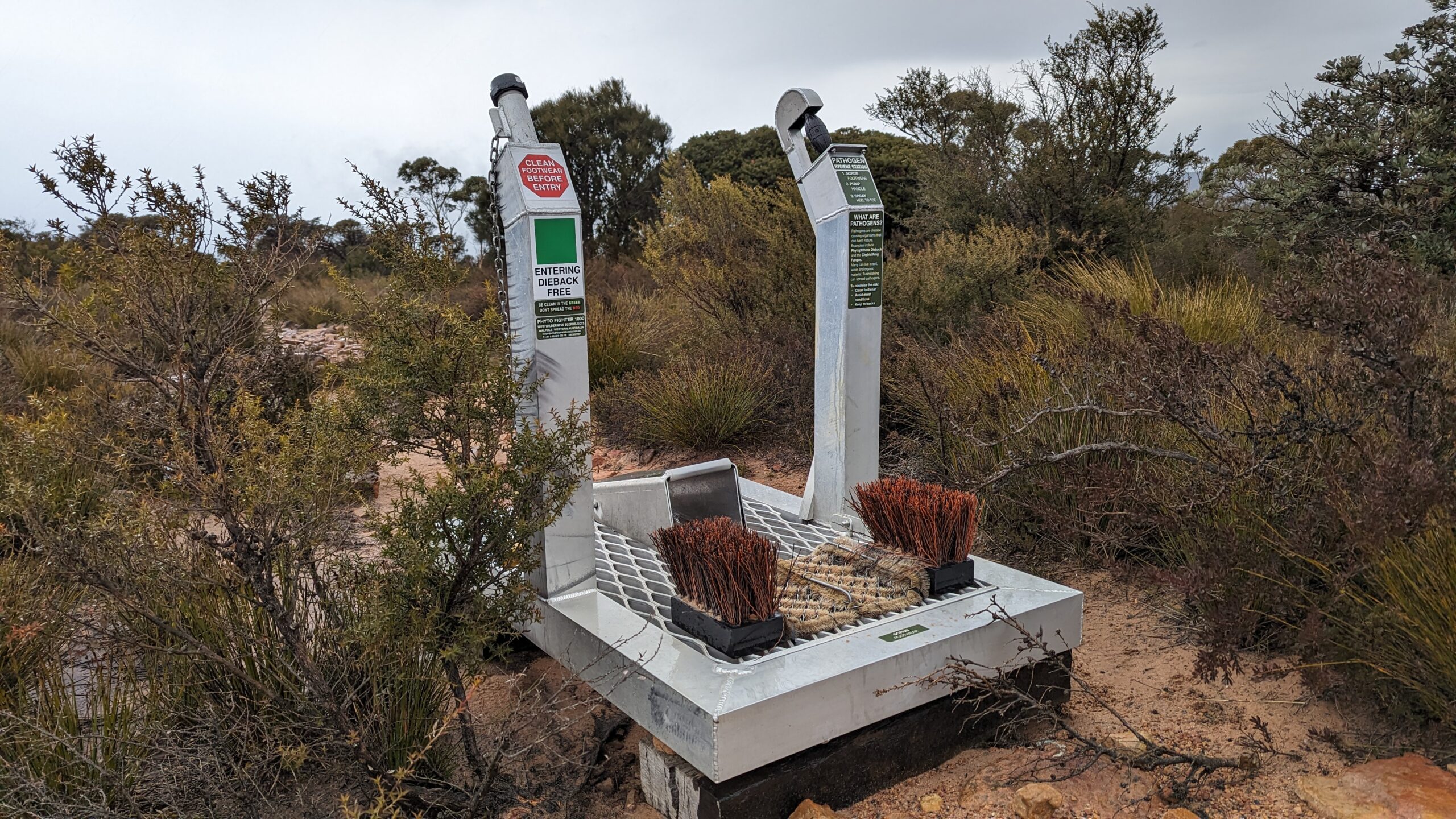
How It Works:
- Brush off dirt and debris from shoes
- Spray shoes with disinfectant
- Spread awareness by leading by example!
Dieback can spread through just one speck of dirt. Australia’s wilderness areas need your help.
Genestreams Songlines Sculpture Trail
WOW Wilderness EcoProjects is proud to be an active contributor to the Genestreams Songlines Sculpture Trail Team.
Working alongside Project Leader and artist Ben Beeton, science artist Mali Moir, and Menang Elder Aunty Carol, we are supporting scientific research and development in collaboration with Gondwana Link. With funding support from Lotterywest, this visionary public art initiative is bringing awe-inspiring sculptures – both physical and augmented reality – to locations across the South West of WA and beyond.
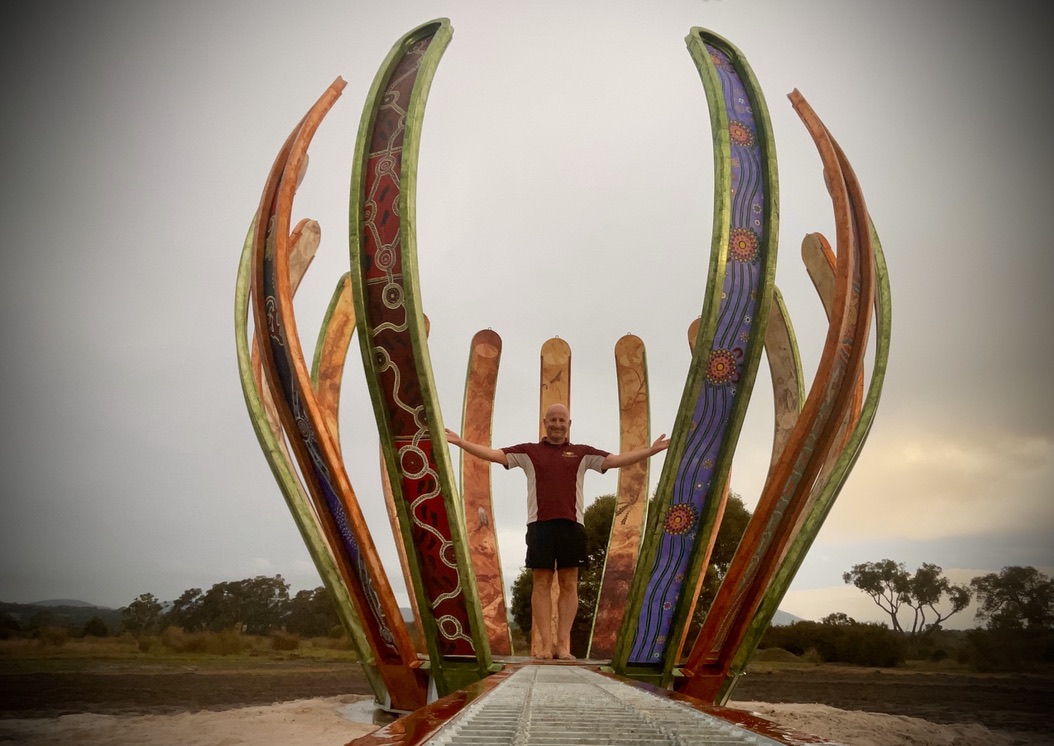
The project’s aim is to connect communities by weaving together nature and culture, blending scientific understanding with traditional Indigenous knowledge. Through the universal language of art, the trail celebrates a deep, symbiotic relationship between people and place.
EcoEducation
UR Walpole
WOW Wilderness proudly co-coordinates UR Walpole, an award-winning environmental education program run in partnership with Walpole Primary School.
This curriculum-based initiative connects students with their local environment through the lens of Nature, Culture, and Future — encouraging stewardship, ecological thinking, and community collaboration. Students explore science, technology, society, and the arts through real-world experiences guided by local experts and community members.
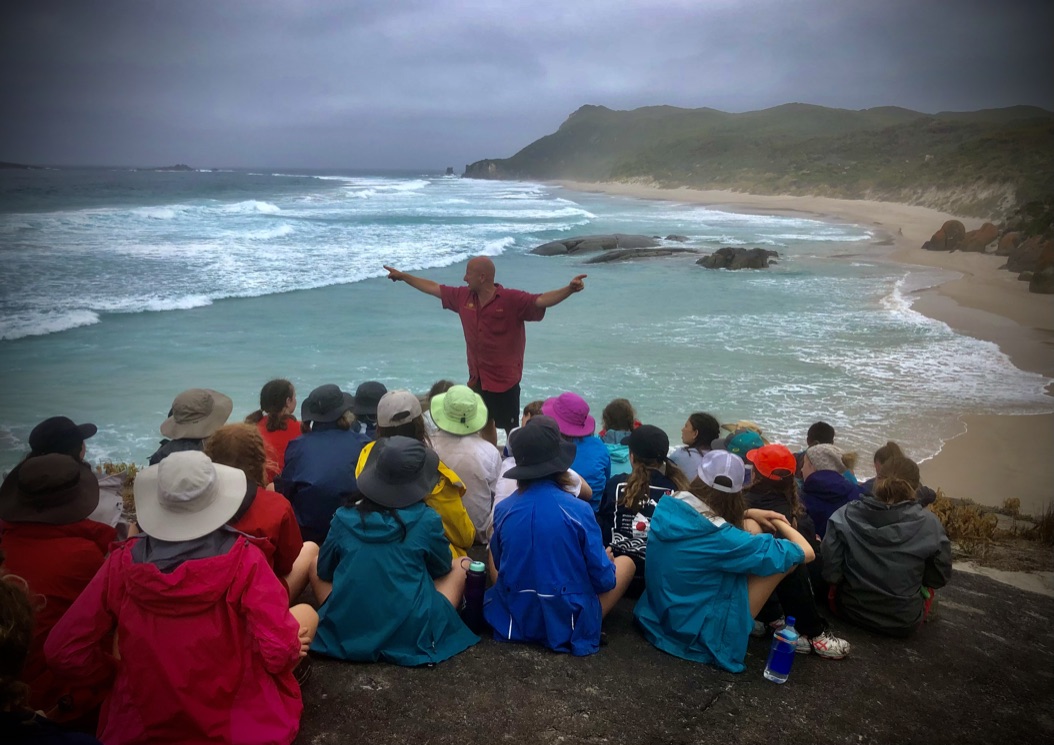
School Groups
We also welcome school groups from across Australia to experience Walpole Wilderness through outdoor education camps and excursions. Students join us for interpretive cruises, environmental talks, and hands-on conservation projects — including plastic pollution clean-ups and invasive species removal.
Each experience is designed to spark curiosity, deepen ecological understanding, and build a lasting appreciation for the natural world.
Marine Plastics collection Research Project
WOW Wilderness, with the help of passengers from the WOW Wilderness EcoCruise, participates in an important citizen science research project in partnership with UWA Marine Science. Since 2016, when conditions allow, passengers have contributed to the regular daily collection of marine macro- and microplastics from Shelley Beach in the Walpole Wilderness.
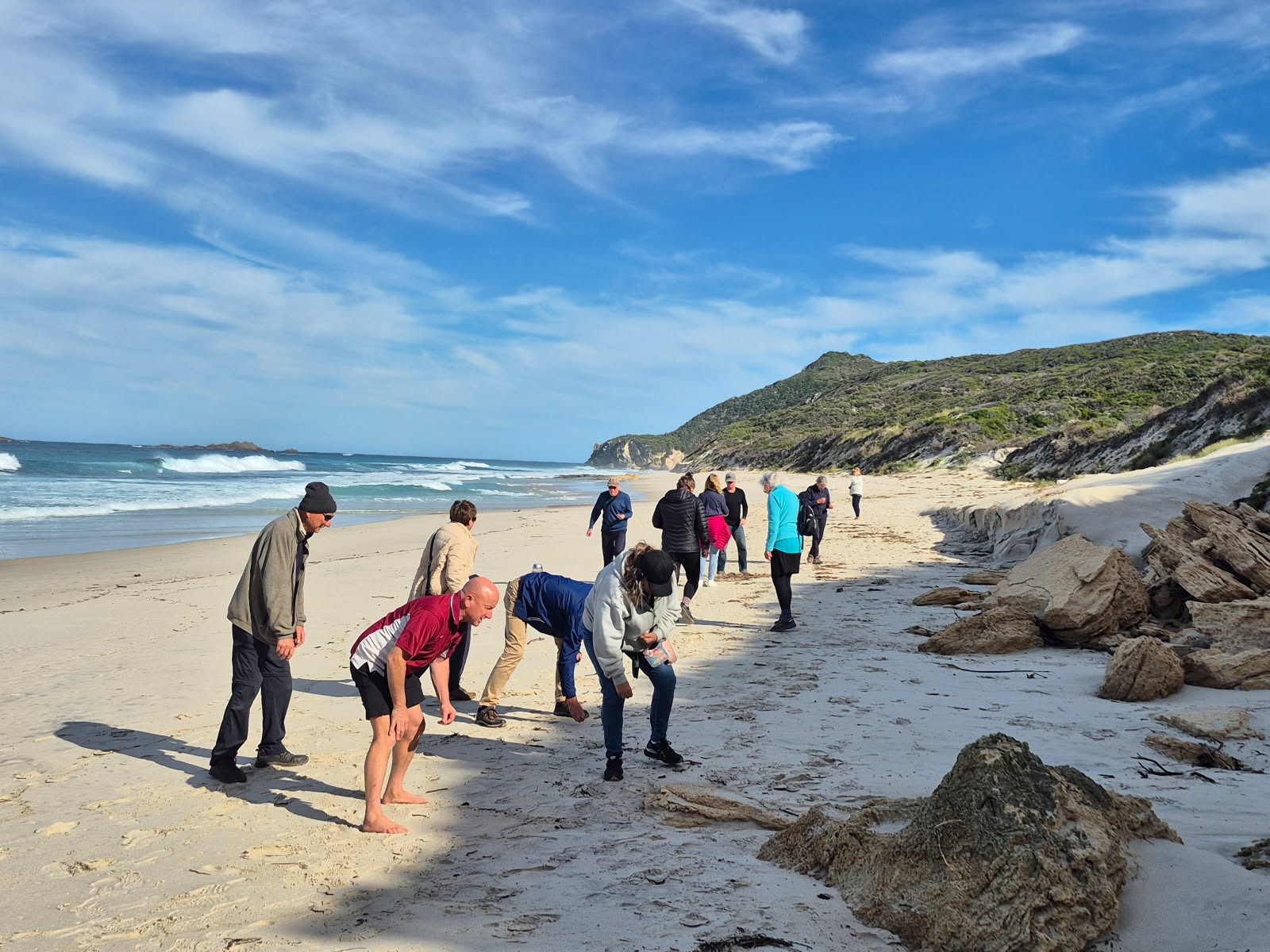
Alongside this, they also record local wind, weather, wave, and current conditions. This consistent data collection – conducted along the same 120-metre transect – provides UWA with a valuable, long-term dataset. It offers unique insights into the human impact of plastic pollution on the marine environment and helps deepen our understanding of ecosystem health in this biodiverse region
Want to Get Involved?
Be Part of the Change
Whether you’re a visitor, teacher, student, or community group, there’s a role for you in our EcoProjects. Together, we can keep this place wild for future generations.
How You Can Help
Every visitor plays a part in protecting this place.
Use the hygiene stations, stay on marked trails, and share what you learn. These small actions help preserve the tingle forest and its biodiversity for generations to come.
- Use hygiene stations before entering forest areas
- Stick to marked trails to protect fragile ecosystems
- Leave no trace — take your rubbish with you
- Spread the word — inspire others to care for Country
Wow
Other Ways to Get Involved in EcoProjects
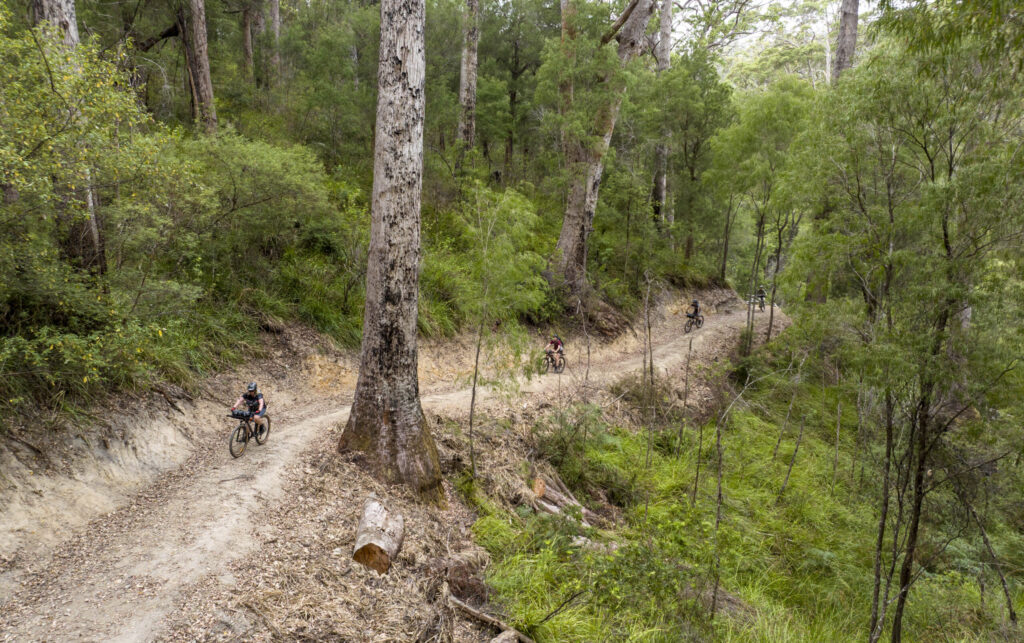
Trail Conservation & Monitoring
Supporting safe, sustainable access through fragile ecosystems.
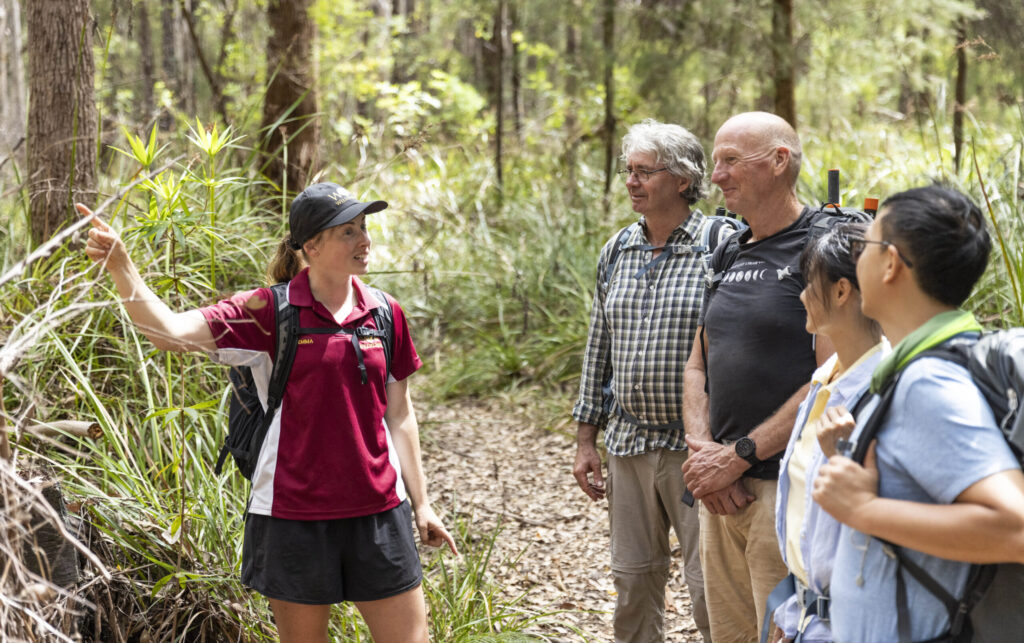
Educational Outreach & Talks
Inspiring students, locals, and visitors with engaging environmental education.
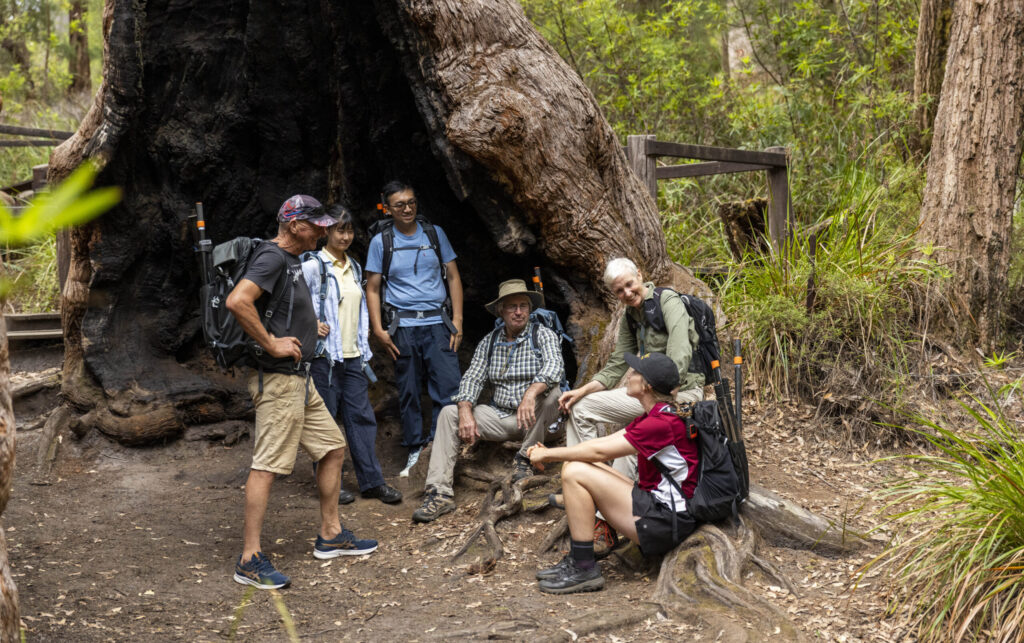
Youth & Volunteer Programs
Hands-on opportunities to get involved and learn while giving back.
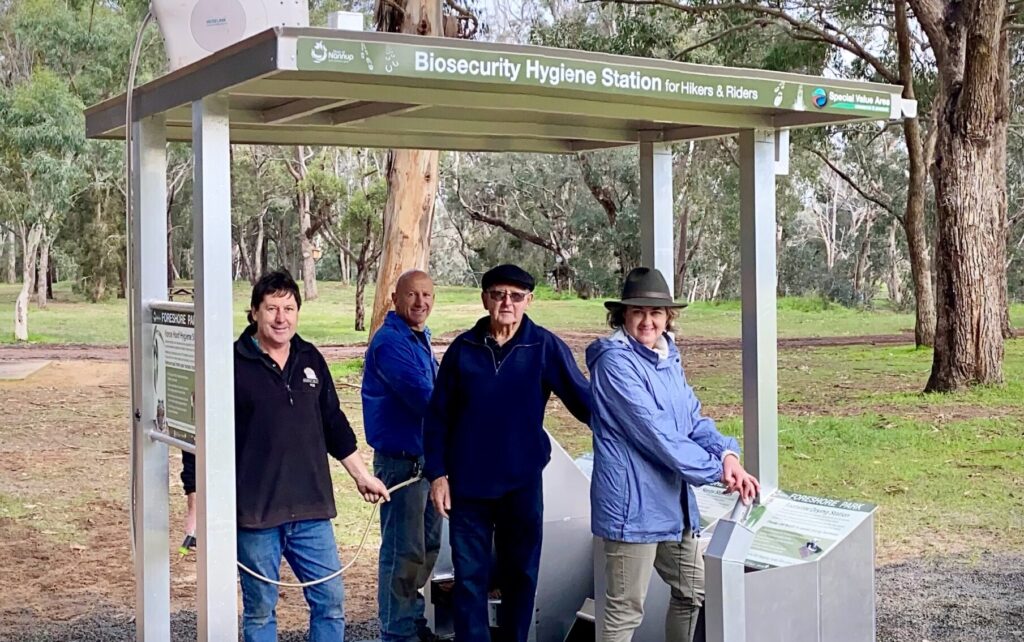
Sustainability Partnerships
Working with regional groups to protect, preserve, and advocate.
Ready to Make a Difference?
EcoProjects are powered by people who care. Help us protect the land we love while learning and exploring along the way.
